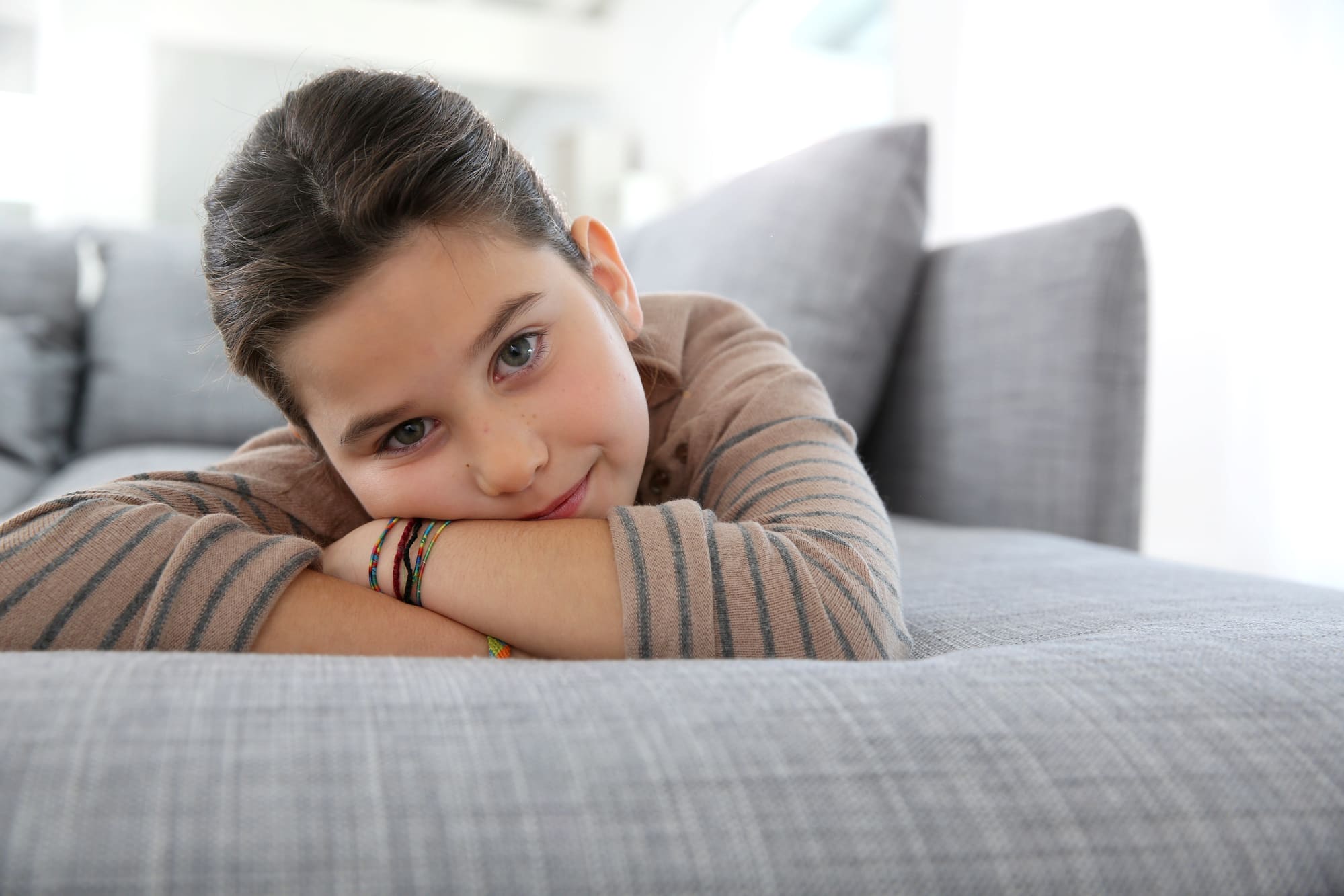Divorce: How To Tell The Kids
 Breaking the news of your divorce to your kids is one of the toughest things about splitting up. While it’s not a conversation anyone wants to have, there are steps you can follow to make the experience as child-centered as possible.
Breaking the news of your divorce to your kids is one of the toughest things about splitting up. While it’s not a conversation anyone wants to have, there are steps you can follow to make the experience as child-centered as possible.
Preparation
Ideally, you and your spouse will deliver the news together. But it’s not enough to be in the same room; you must also be on the same page with your message. However, if there’s too much acrimony between you, or your spouse refuses to participate in the conversation, you will need to do it alone.
If you and your spouse agree to have the talk together, write and rehearse a “script” so that you’re in alignment when you face your children. Here are several key points you should cover:
No blame. Do not throw the other person under the bus! Unless your ex abandoned the family and is MIA, explain that the divorce was a joint decision. Your kids do not need to hear that it’s really the other parent’s fault, and you were the good parent trying to keep the family together. It doesn’t matter who initiated the divorce; your marriage was between the two of you, and you’re ending it together.
Give an age-appropriate explanation. For small children, say something along the lines of: “We had grown-up problems that we tried hard to fix, but we couldn’t. Because we couldn’t resolve our issues, we’ve decided we will get along better if we live in separate houses.” For older children who may be more cognizant of the details, you can say more, but remember the golden rule of divorce: do not throw the other person under the bus.
Acknowledge sensitive details if your child already knows. If your marriage is ending due to infidelity, or mental illness or addiction, and your child is aware of these issues, don’t deny them. Gaslighting your kids in order to “protect” them is far worse than admitting sensitive problems. You don’t want to teach them how to live in denial; you want to show them how to confront problems and deal with them head on. But be careful how you acknowledge them. For cheating, you can say: “There were infidelities and we could not get past them, so we’re getting divorced.” For mental health/addiction issues, try, “we disagreed about how to handle Mom’s drinking problems, so we’re getting divorced.”
Say the things every child of divorce needs to hear. Whether your child is two or 22, they want to hear three things: “It’s not your fault;” “It’s not your job to fix this;” and, “we will always be your parents, and we will always love you.”
What To Expect
Younger kids won’t be able to conceptualize divorce, and will probably need the same information repeated many times. They generally want concrete details, such as whether they’ll have their same bed, the same friends, and the same school.
Your children may have a range of feelings about the news – probably like you! Kids who seem to take it in stride may fall apart a few weeks later. And some kids who seem to take it hard initially may be more resilient than you imagine. Let your children know that they’re entitled to all their feelings, and that their feelings may change.
A final note: Your job is not to give your kids a perfect life, but to teach them how to manage inevitable setbacks with integrity, grace, and resilience. Be the role model your children need right now.
Read More:
Answering Older Children’s Questions About Divorce
Answering Young Children’s Questions About Divorce
Making Separation & Divorce Easier On The Kids
Getting a divorce and have questions about child support and child custody arrangements? Our attorneys are here to help. Please contact us today to schedule your confidential consultation. Call 888-888-0919, or please click the button below.

